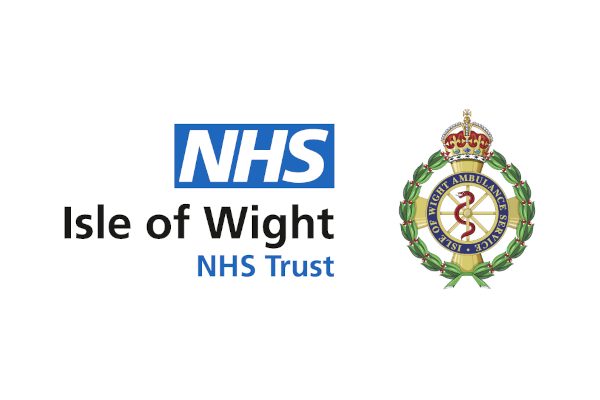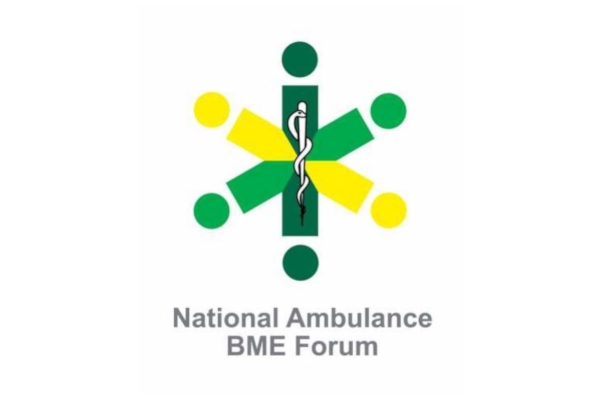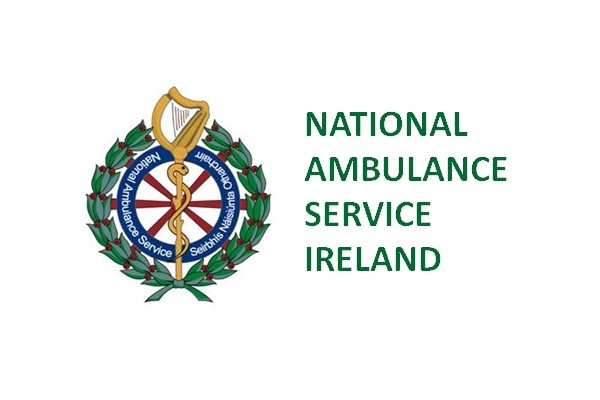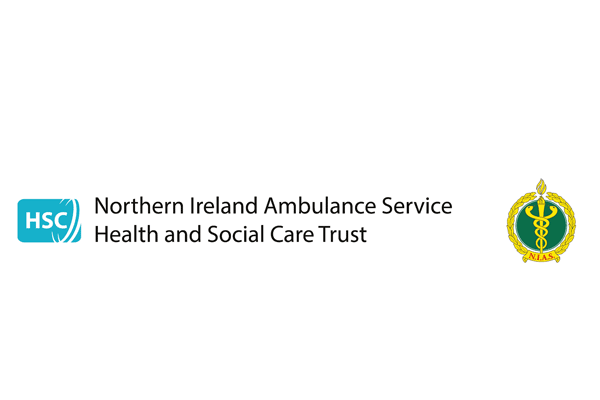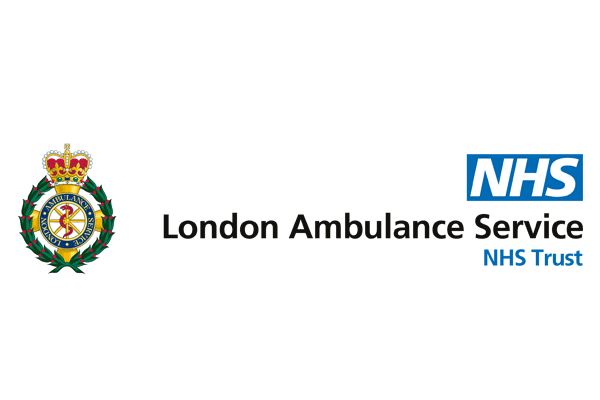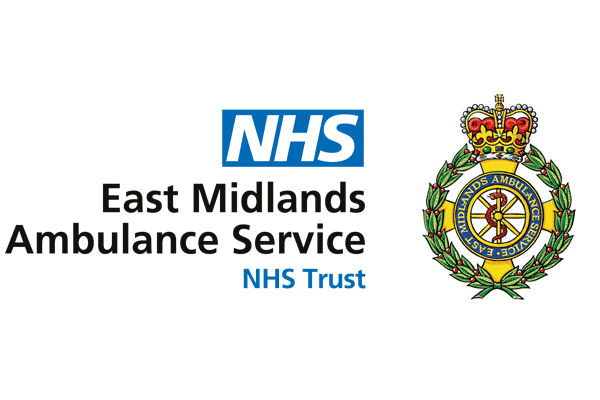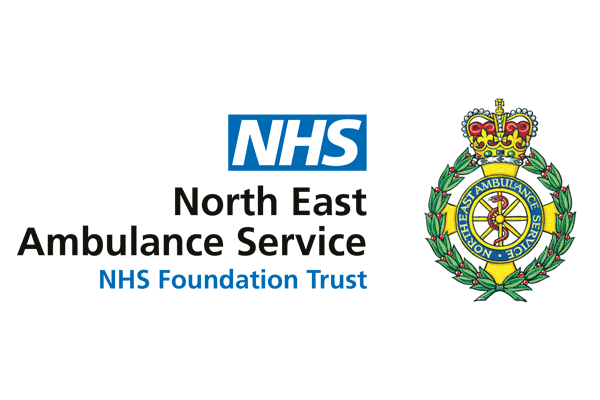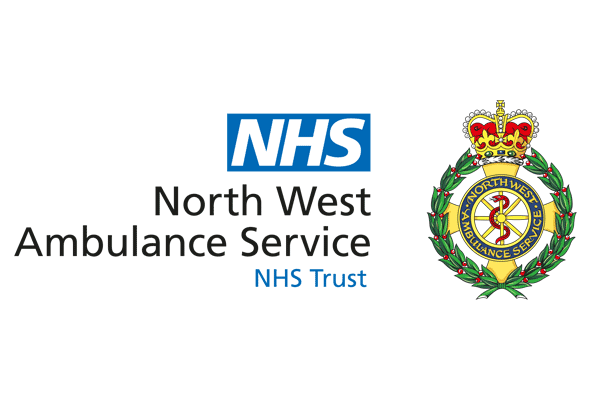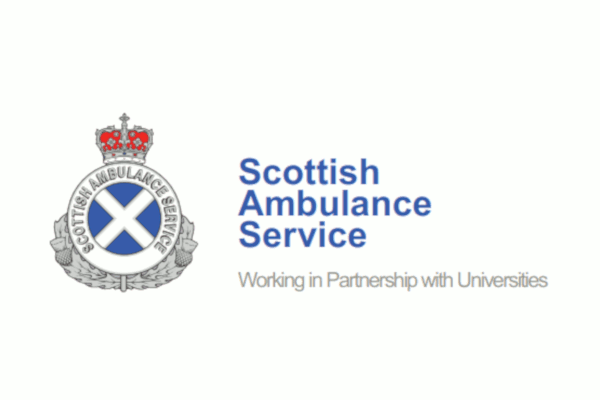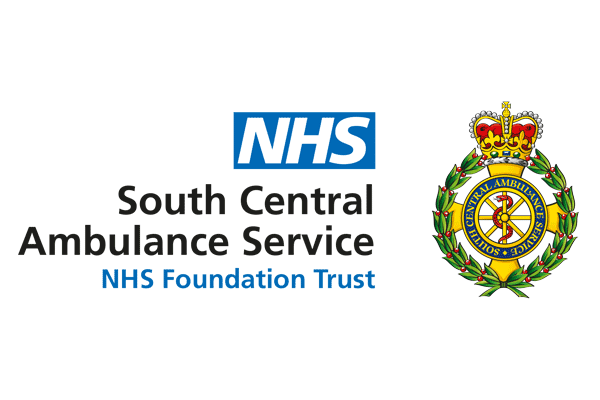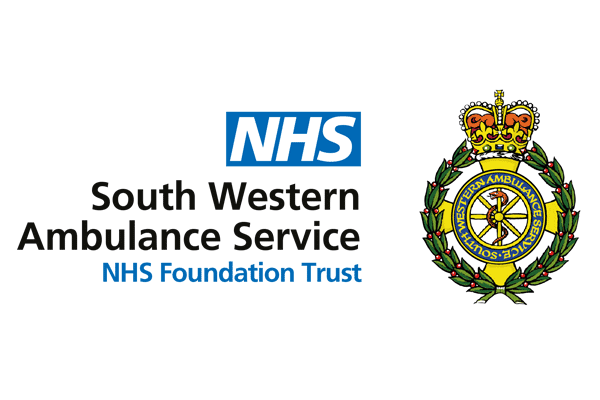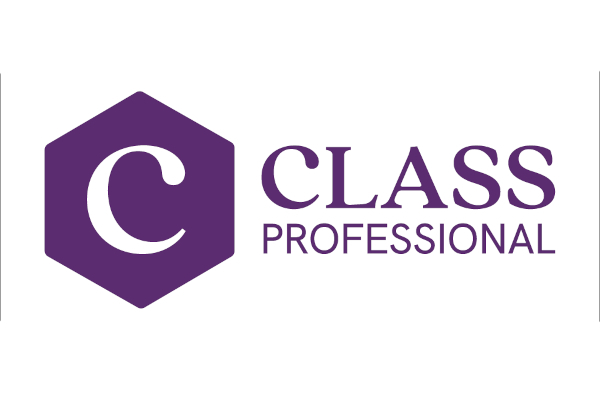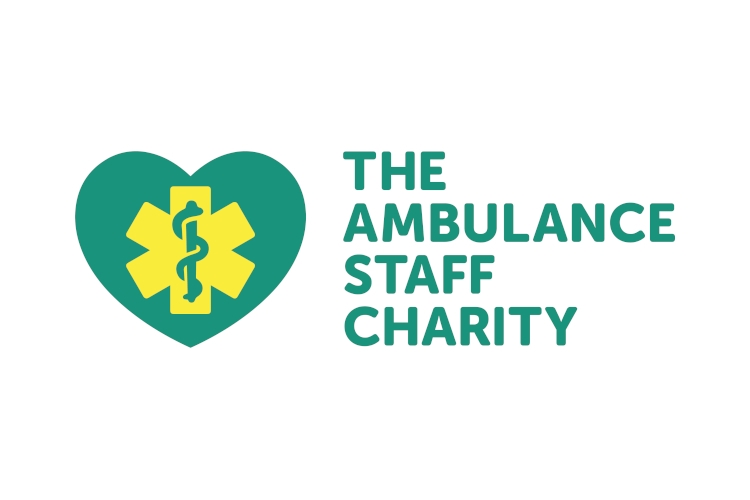
The South Western Ambulance Service NHS Foundation Trust (SWASFT), is using cutting edge Virtual Reality (VR) technology, to provide its incident commanders with an immersive training experience to test their knowledge, skills and decision making in a realistic environment.
Commanders use information, intelligence, risk assessments, plans, and procedures to assess an incident, to enable them and the wider Trust to develop the strategy and tactics for dealing with it. Types of incidents could include multi-vehicle road traffic collisions, flooding, and terrorist attacks.
During the training, virtual reality headsets are worn or the use of a joystick, giving a three-dimensional moving image with realistic sound effects and voice injects, which replicates a live incident.
Commenting on SWASFT’s new training, one commander said:
It provides an immersive, safe, and controllable learning environment which was very engaging and so realistic. It is really effective training.
During the scenarios, the software is extremely versatile and allows the trainer to adapt to the commander’s direction, such as requesting air support, moving people away from unsafe environments and conducting JESIP (Joint Emergency Service Interoperability Programme) huddles.
The Command Development Team can build any scenario to ensure their commanders are getting the best, most relevant training.
As with live incidents, commanders undergoing the training need to decide on their initial actions, radio the virtual Incident Support Desk with updates from scene and use the recognised M/ETHANE format. JESIP huddles are undertaken with other colleagues in the room who will give comments and updates prepared by partner agencies, who would normally collaborate with SWASFT at incidents, including police, fire, coast guard and the RNLI.
Another commander who has completed the training and watched others undertake it, said:
I learnt so much from watching how my peers managed each scenario which has given me greater confidence and ideas of how I can develop into my practice.
Mark Harwood, Command Development Officer and Paramedic, who provides the training said:
We are proud to be the first ambulance trust in the country who is providing this type of virtual reality training.
As a Trust, we continue to work hard to develop the care we provide to our patients, by using innovation tactics to better equip our people.
The VR training is one element in the new two-year cycle of SWASFT’s Command Licence, which sees Operational, Tactical and Strategic Commanders having to attain the required level of competency to carry out their role, whether in an on-call or core duty capacity.
Year one requires commanders that respond to live operational incidents to undertake this VR training. Year two requires them to submit body worn video (BWV) to the Command Development Team of them managing a live incident or exercise.
SWASFT is keen to use this technology in other areas of the Trust, such as the Emergency Operations Centres, where 999 calls are received. This would enable operational colleagues from across the region to remain in their localities, but with the benefits of cross team working adding more realism, saving environmental impact, travel time, and costs in line with our environment and sustainability commitment.
In the first six weeks of this new program, five Command Development courses have been delivered throughout the SWASFT region.

